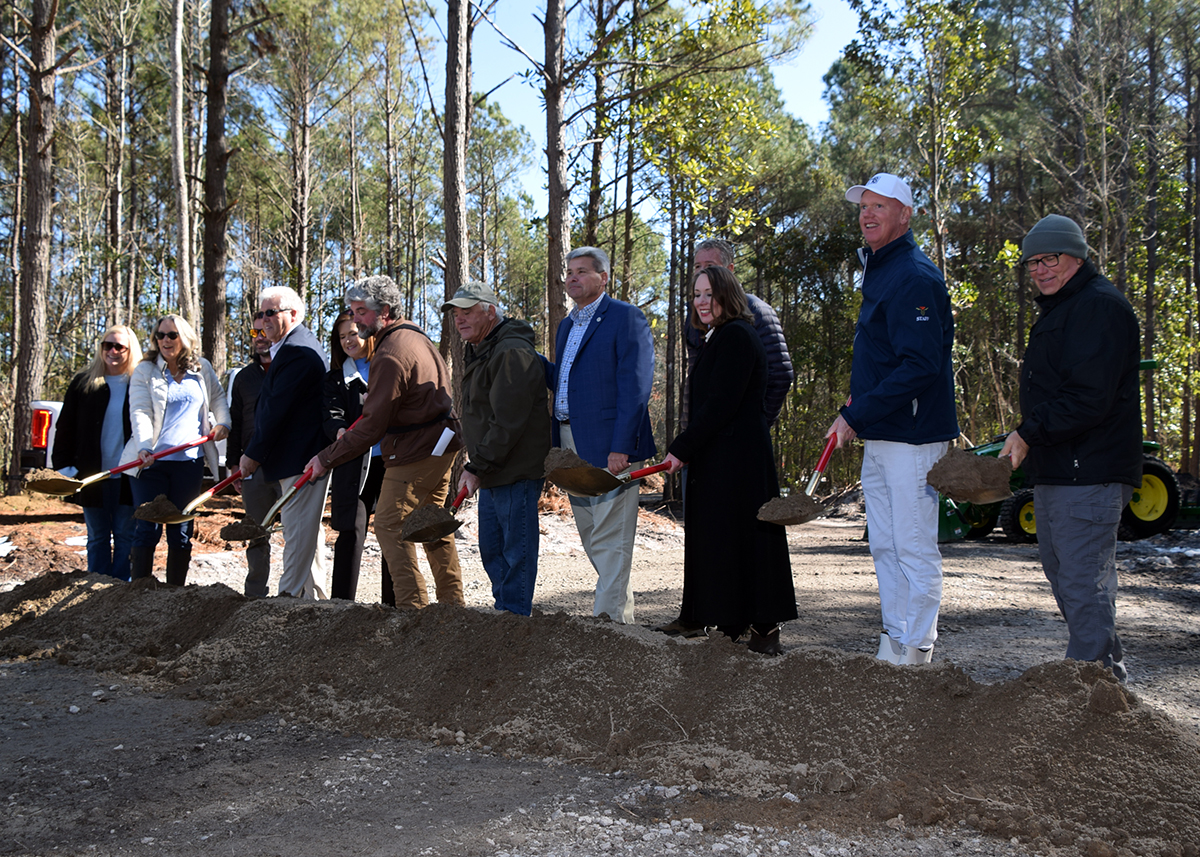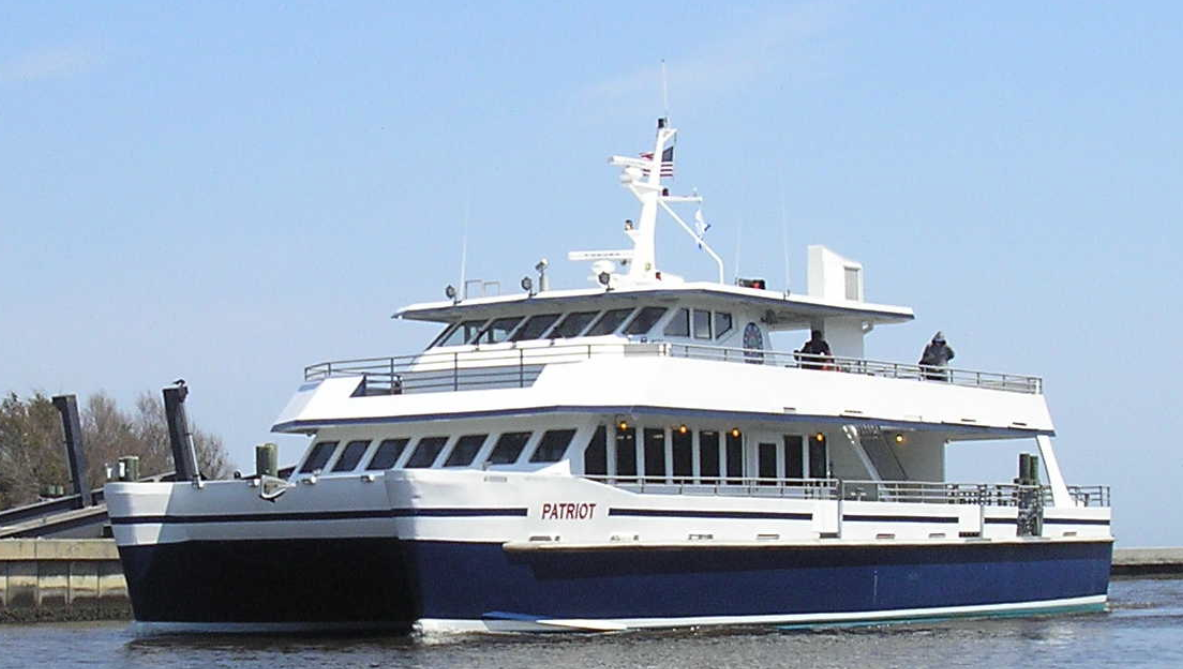
Updated Monday with comments from Division of Coastal Management
Three projects in North Carolina will receive a portion of the $39.5 million in new National Coastal Resilience Fund grants.
Supporter Spotlight
The National Fish and Wildlife Foundation and National Oceanic and Atmospheric Administration announced the grants Thursday. The grant program supports coastal resilience projects in 28 states and U.S. territories. The 49 awards are expected to generate more than $58.3 million in matching contributions for a total conservation impact of nearly $97.8 million, according to the foundation.
While the grant program prioritizes direct restoration projects to increase natural infrastructure function, the projects supported by the 49 grants announced span activities from community engagement in planning and prioritization to building capacity for coastal engineering and design development to help communities understand their best options.
The resilience fund supports projects that restore or enhance natural infrastructure in ways that benefit both wildlife populations and coastal communities. Investing in nature-based solutions to increasing environmental stressors increases the resilience of both human and wildlife communities to coastal flooding events, according to the grantors.
The North Carolina Department of Environmental Quality received $545,860 to expand its Resilient Coastal Communities Program. Matching funds were $616,000 for a total of about $1.16 million.
The NCDEQ project is to expand and build local capacity with North Carolina Resilient Coastal Communities Program through risk and vulnerability assessments, community engagement, project identification and prioritization, and the inclusion of 13 more communities within the state’s coastal zone into the program. The project “will build a resilience strategy for each community, including a vision, map of critical assets and natural infrastructure, risk and vulnerability assessment, and portfolio of prioritized projects,” according to the
Supporter Spotlight
The NCDEQ project is to expand and build local capacity with North Carolina Resilient Coastal Communities Program through risk and vulnerability assessments, community engagement, project identification and prioritization, and the inclusion of 13 more communities within the state’s coastal zone into the program. The project “will build a resilience strategy for each community, including a vision, map of critical assets and natural infrastructure, risk and vulnerability assessment, and portfolio of prioritized projects,” according to the National Fish and Wildlife Foundation.
“The Division of Coastal Management is continuing to make progress in supporting coastal communities with infrastructure planning and projects that address the impacts of coastal storms and flooding,” said Division Director Braxton Davis in a statement. “Continued investments in this program will assist local governments in advancing to shovel-ready projects and leveraging additional federal and state funding opportunities.”
Navassa in Brunswick County was selected to receive $110,480 to design a protection plan for the Rowel Branch watershed. Matching funds are $263,300 and the total project amount is $373,780.
The Navassa project is to use nature-based solutions to reduce flood-risk and improve resiliency for community residents while restoring, enhancing, and conserving ecologically significant streams and wetlands in the Rowel Branch Watershed. “Project will incorporate both traditional stream channel restoration methods for flood-risk reduction and innovative bioretention and stormwater wetland management designs in specific segments obstructed by historical fill and recent storm debris,” the foundation said.
The National Audubon Society is to receive $210,267 to complete design plans to improve natural infrastructure in Currituck Sound. Matching funds are $211,635 and total project amount is $421,902.
The funds are to complete the final engineering design and secure permits for four
nature-based marsh restoration pilot projects in Currituck Sound, to mitigate marsh habitat loss and enhance community resilience to storm surge and flooding. The project will preserve the integrity of two marsh complexes totaling 3,481 acres of bird habitat that also provide protection for at least seven critical infrastructure sites and 1,658 residential properties in Currituck and Dare counties, according to the foundation.
A complete list of the 2021 grants is available online.
The foundation and NOAA, joined initially by Shell and TransRe, launched the fund in 2018 to support projects that engage communities and reduce their vulnerability to growing risks from coastal storms, sea level rise, flooding, erosion and extreme weather through strengthening natural ecosystems that also benefit fish and wildlife.







